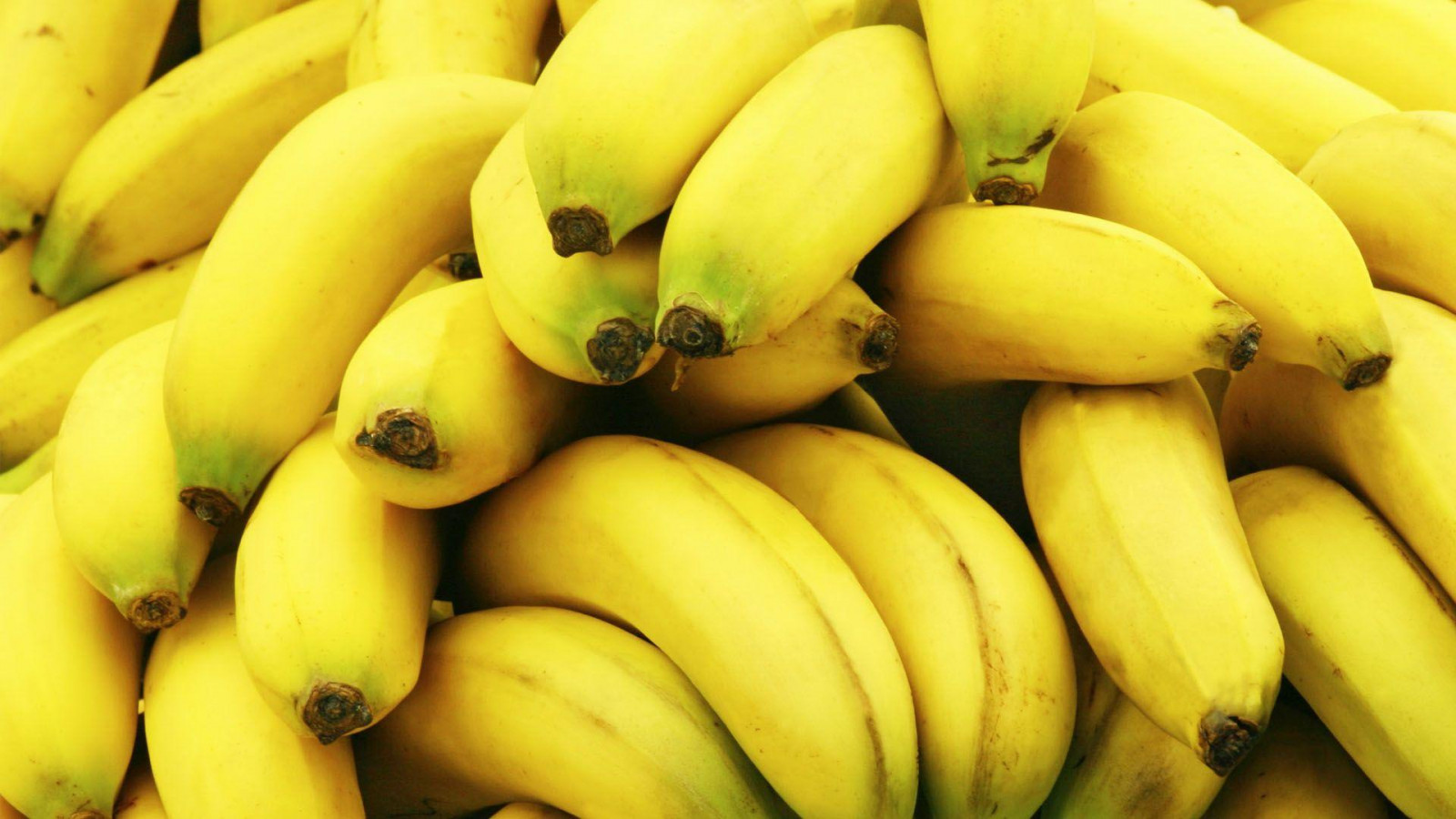It would not be wrong to say that the banana, which is produced 105 million tons per year, is one of the most loved fruits in the world. But the moody nature of this nutritious and versatile fruit means it only stays ripe for a few days. So why do bananas turn black so quickly, and more importantly, how can you stop it?
Why does the banana turn black?
Bananas should thank an airborne hormone for their impressively colorful life cycle: ethylene. This hormone works to speed up the ripening process, and some fruits and vegetables simply absorb ethylene, while others actively produce it. Ethylene producers fall into two categories; botanical fruits and non-botanical fruits. Botanical fruits such as bananas produce a burst of ethylene during ripening, while non-botanical fruits such as citrus and melons stop producing ethylene when removed from the plant or vine.
Contact with ethylene causes the acids in the fruit to begin to break down, softening the flesh and breaking down the green chlorophyll pigments. This changes the appearance of the fruit while also making it softer and sweeter. As ethylene continues to act on the banana, the yellow pigment is broken down and darkening begins in a process called enzymatic browning.

How to prevent bananas from darkening?
While there is no way to completely stop the browning process, there are some ways to keep bananas perfectly ripe for longer.
First, using a banana hook prevents injury and damage to the soft tissue that amplifies the effects of ethylene. You can also wrap the stems with cling film, taking some supermarkets as an example. The stem of the banana is where the most ethylene is released; If you control this area, you will prevent the hormone from reaching the rest of the banana.
Another method is to store bananas in a cool, dark place. Sunlight speeds up the ripening process and Dole recommends 12°C as the optimum temperature for storing bananas. However, storing it in a sealed container increases ethylene levels and accelerates ripening.
There is also some controversy about storing bananas in the refrigerator. While freezing bananas for use in things like smoothies or ice cream is effective, refrigeration can cause “cooling damage” that prevents them from ripening further, causing a bitter and unpleasant taste. Therefore, it is recommended that only fully ripe bananas be stored in the refrigerator.
Also, while cut banana slices will darken within a few seconds, adding an acidic juice such as lemon or pineapple helps to stop this process by neutralizing the pH of the banana.